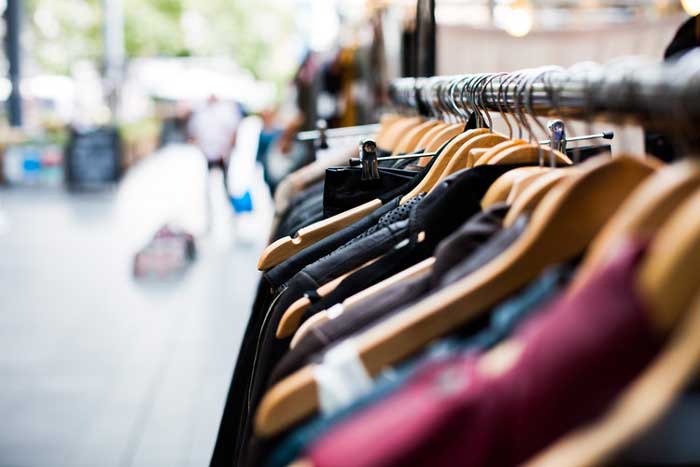You cannot just point fingers at factories and blame them for all environmental problems – everything is much more complicated. The more consciously we approach the issues of recycling, the sooner we will reduce the impact on nature. Changing your own habits may be the first step in improving the environment.
 1. Understand the problem
1. Understand the problem
Understanding the problem is the first step towards solving it. Familiarize yourself with the TED videos, which are devoted to the problem of changing the environment. Realizing the scale of the problem, you will also understand that it’s not just how the corporations work, but also what you buy or how you throw out the garbage.
2. Buy reusable bottles
Bottled water is incredibly wasteful: 80% of it does not undergo processing. The production process requires three liters of water to produce one. Glass bottles are used to store water much longer than conventional plastic, not to mention the fact that they can look pretty cute. You can invest in a reusable thermos for coffee – any large network like Starbucks will certainly pour coffee in your own takeaway cup.
3. Visit second-hand shops

Stock shops and second-hand shops are not only for the fans of vintage. Next time, looking for a new shirt or a summer dress, go to the local store and look for a new wardrobe item there. Not only will this cost you less, it’s also much more environmental. Think of it as recycling clothes.
4. Limit your shower time
Limit the amount of time you spend in the shower. This is not only beneficial for the health of the planet but also helps to reduce the money you will pay for hot water. Turn off the tap when brushing your teeth, or clean the dishes instead of rinsing them before loading them into the dishwasher.
5. Read labels

You can start reading labels to see if this item is environmentally-friendly and reusable. For example, choose tampons that are 100% made from organic cotton, or toilet paper with a decomposable paperboard core.
6. Wear your clothes
People are throwing out clothes and accessories at an appalling rate: according to US environmentalists, 26 pounds of textiles are sent to dumps. Of course, you can do more to improve this situation by donating your clothes or giving them up for recycling. But this does not affect the main problem – we buy an unnecessarily great amount of clothes. Conscious consumption means knowing when something really needs to be got rid of and when you can fix it and continue wearing.
7. Start cycling

If you have several tasks that you must perform at weekends in different parts of the city, take a bicycle ride or go for a walk. You can use a special rental service or choose an inexpensive cruiser. A scooter is also a very convenient thing in the city center.
8. Buy a canvas bag
Modern companies welcome environmental solutions and support an environmental protection system, creating special canvas bags. Do not use packages and take a canvas bag when going shopping. By the way, it will not take much space and can fit even into a clutch bag.
9. Use tissue wipes
Avoid using disposable handkerchiefs or rolls of napkins for cleaning and turn to viscose or cotton towels. Not only will you reduce the amount of garbage produced but will also save money by using tissue wipes.
10. Turn off the light

A simple way to decrease energy consumption rates and reduce the harm to the environment is to just turn off the light when you leave the room. You can also change the standard bulbs to fluorescent ones, which have less energy consumption and are less dangerous for the eyes. When you leave the house, disconnect all the electrical equipment that is not used.
11. Buy local products
A simple way to reduce carbon dioxide emissions is to buy products that are grown nearby. In fact, buying vegetables or milk, not from companies in another region, you support local dairy factories and farms and also reduce the amount of greenhouse gas. In addition, you can grow food on your own window, for example, fresh herbs or some sorts of tomatoes, and share them with friends.
12. Find out how to utilize batteries
Subscribe to thematic communities to learn about collecting and processing dangerous substances. Unfortunately, in many countries, there are no (or very few) factories that utilize batteries, so collection points are opened once a month there. Put reminders in the calendar and get useful bonuses for awareness from collecting companies.










